Latest News
-
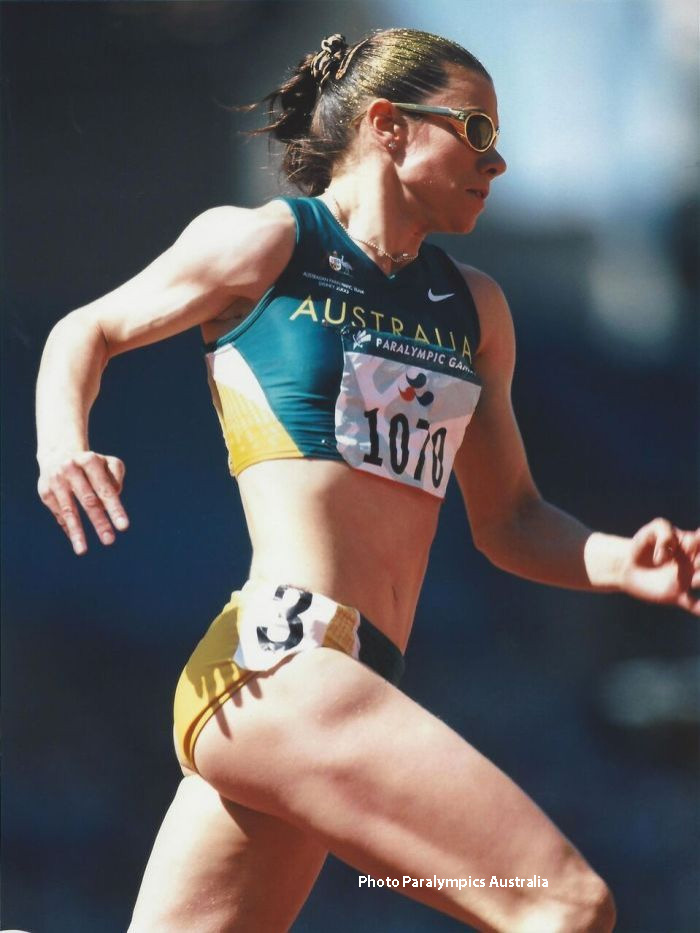
Latest News
OUR QUEEN OF THE TRACK – Sydney 2000 Paralympics – Lisa Llorens
October 22, 2020
-
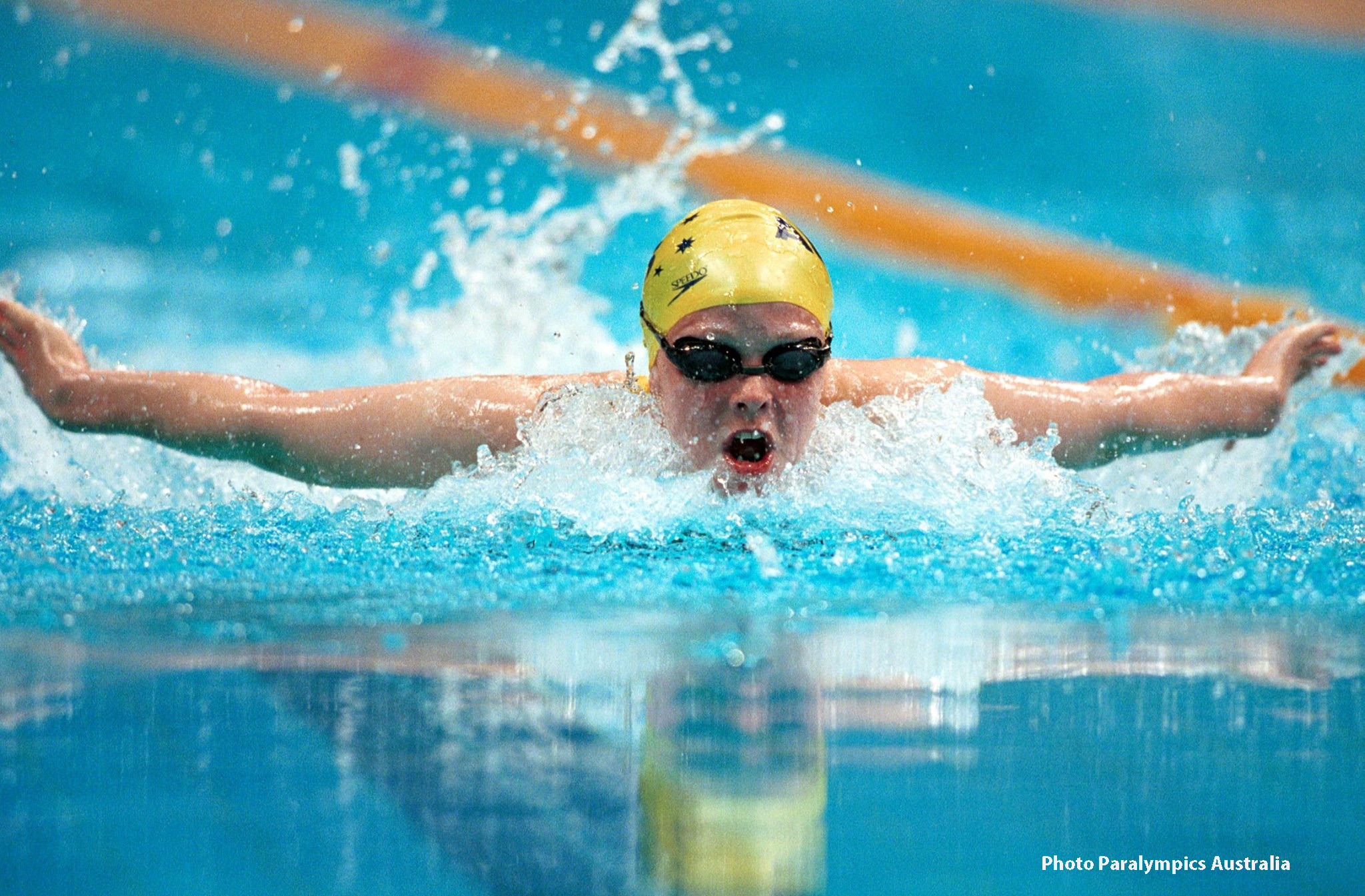
Latest News
OUR QUEEN OF THE POOL – Sydney 2000 Paralympics – Siobhan Paton
October 21, 2020
-
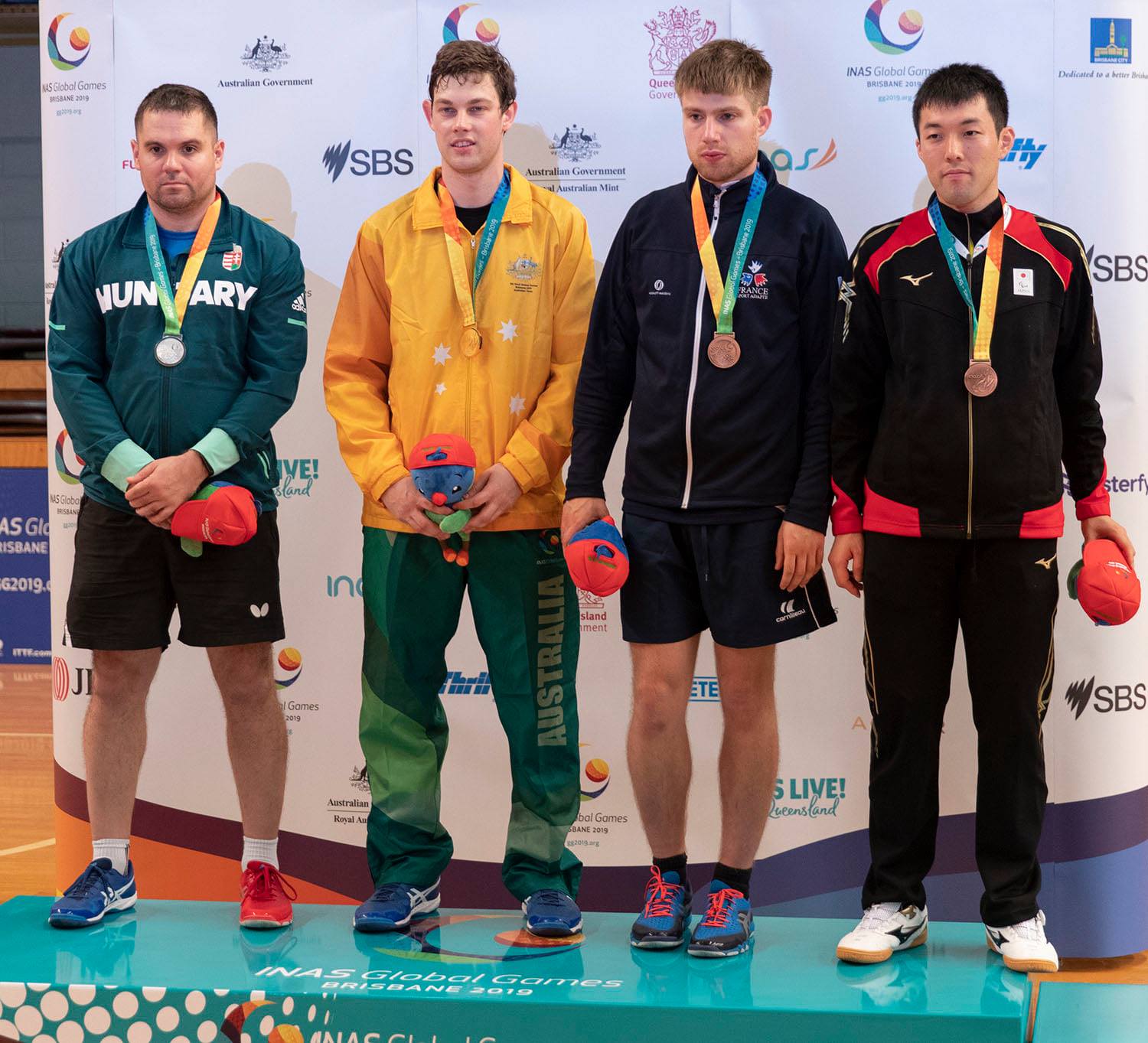
Latest News
Looking back at the 2019 Virtus (Inas) Global Games – Table Tennis
October 20, 2020
-
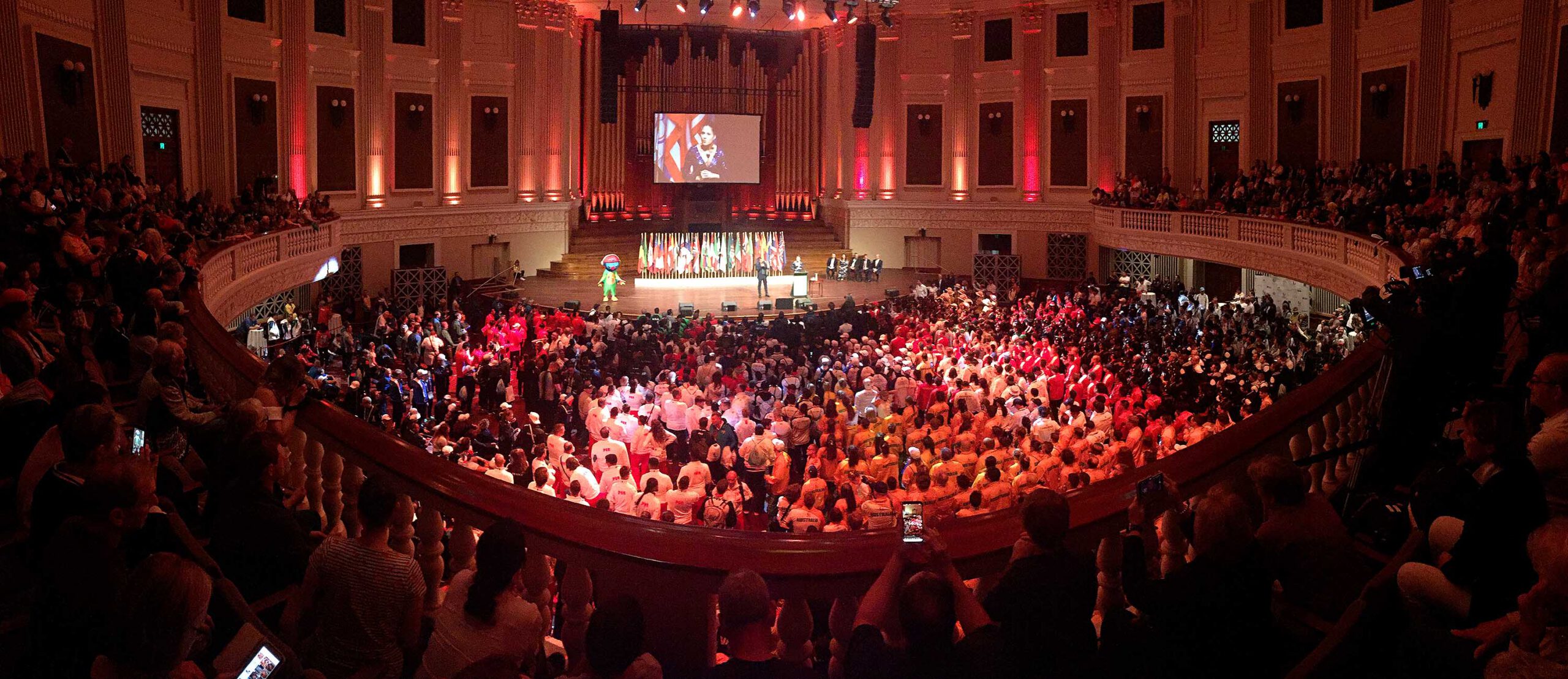
Latest News
Looking back at the 2019 Virtus (INAS) Global Games
October 20, 2020
-
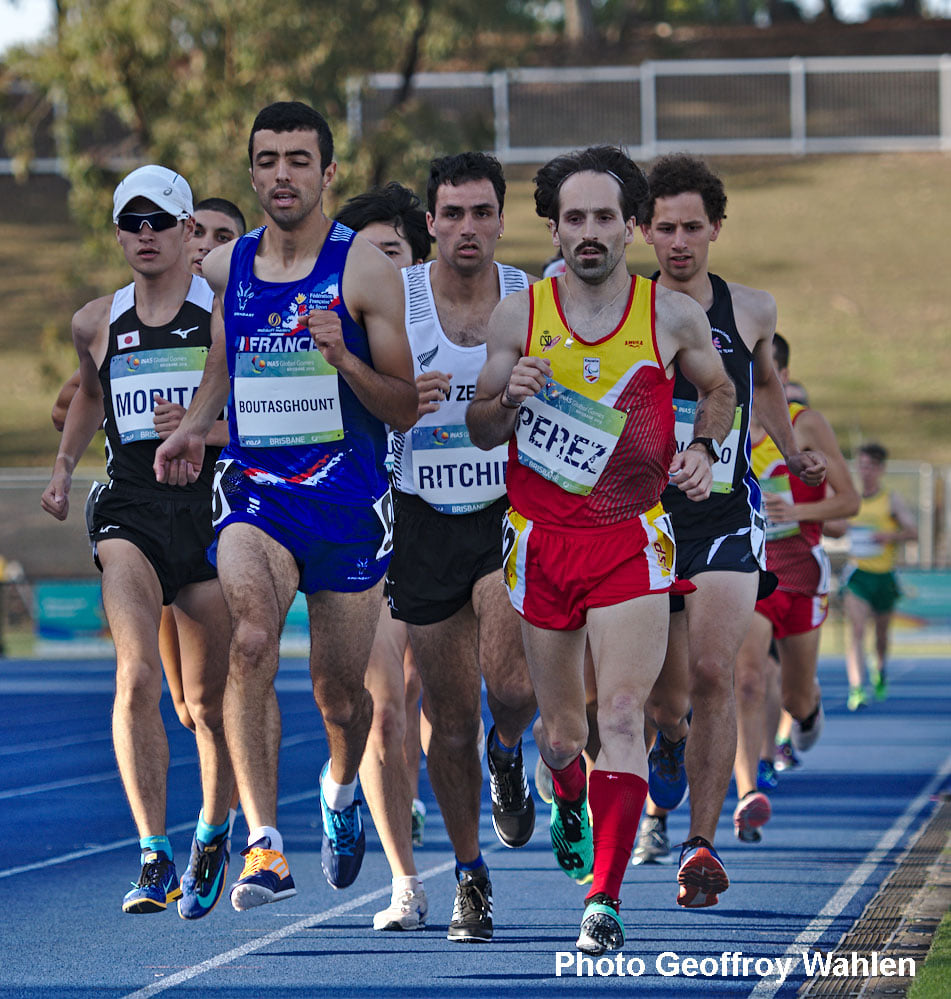
Latest News
Looking back at the 2019 Virtus (Inas) Global Games – Athletics
October 14, 2020
-
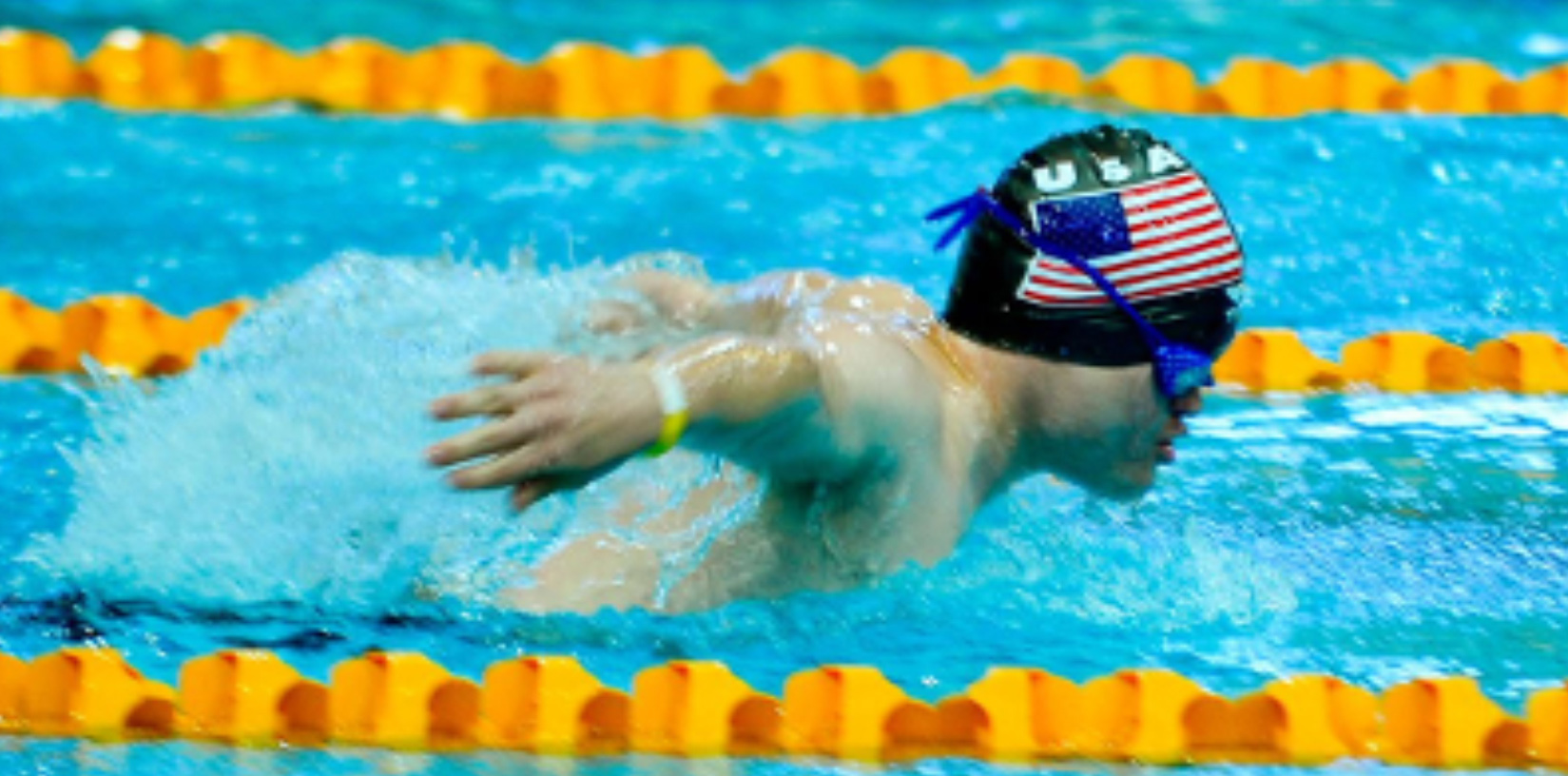
Latest News
Looking back at the 2019 Virtus (Inas) Global Games – Swimming
October 13, 2020
-
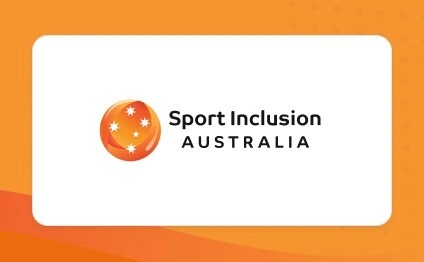
Latest News
Australian Sporting Alliance for people with a disability
October 2, 2020
-
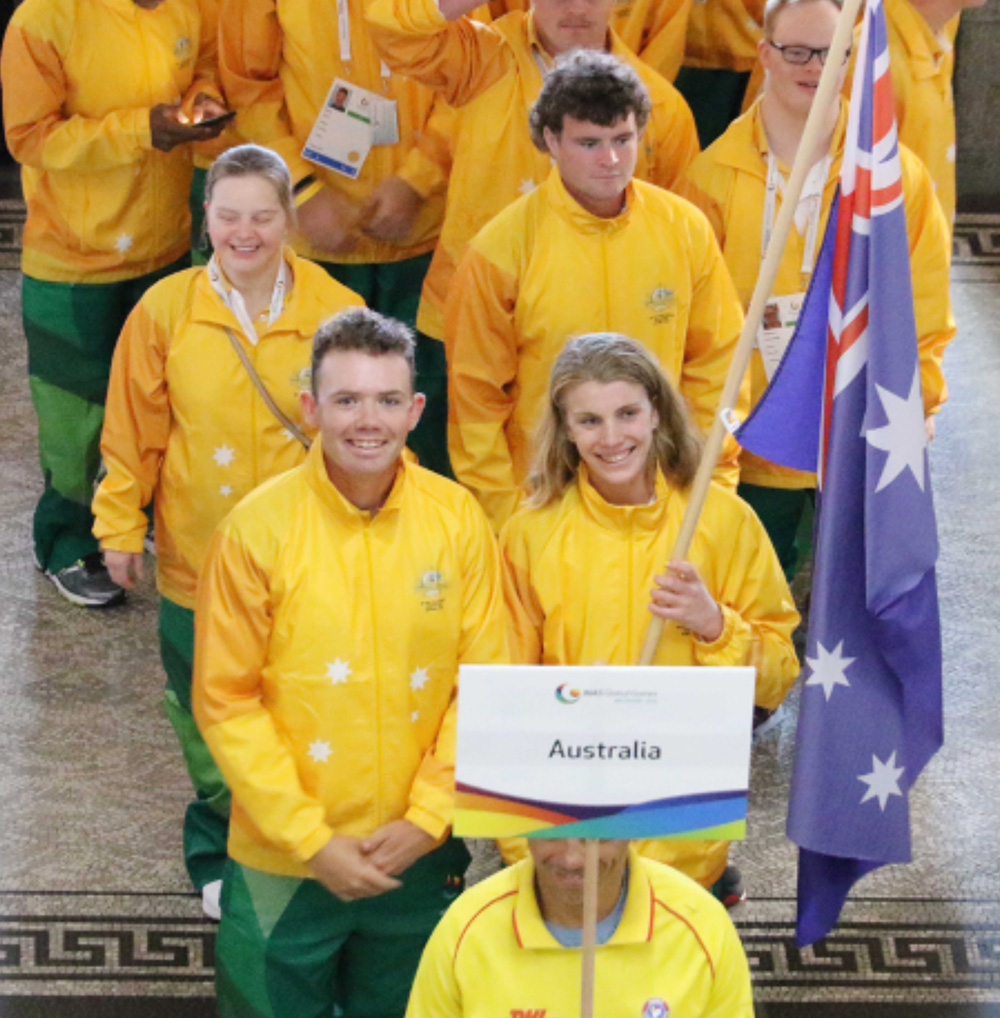
Latest News
France to host 2023 Virtus Global Games
September 8, 2020
-
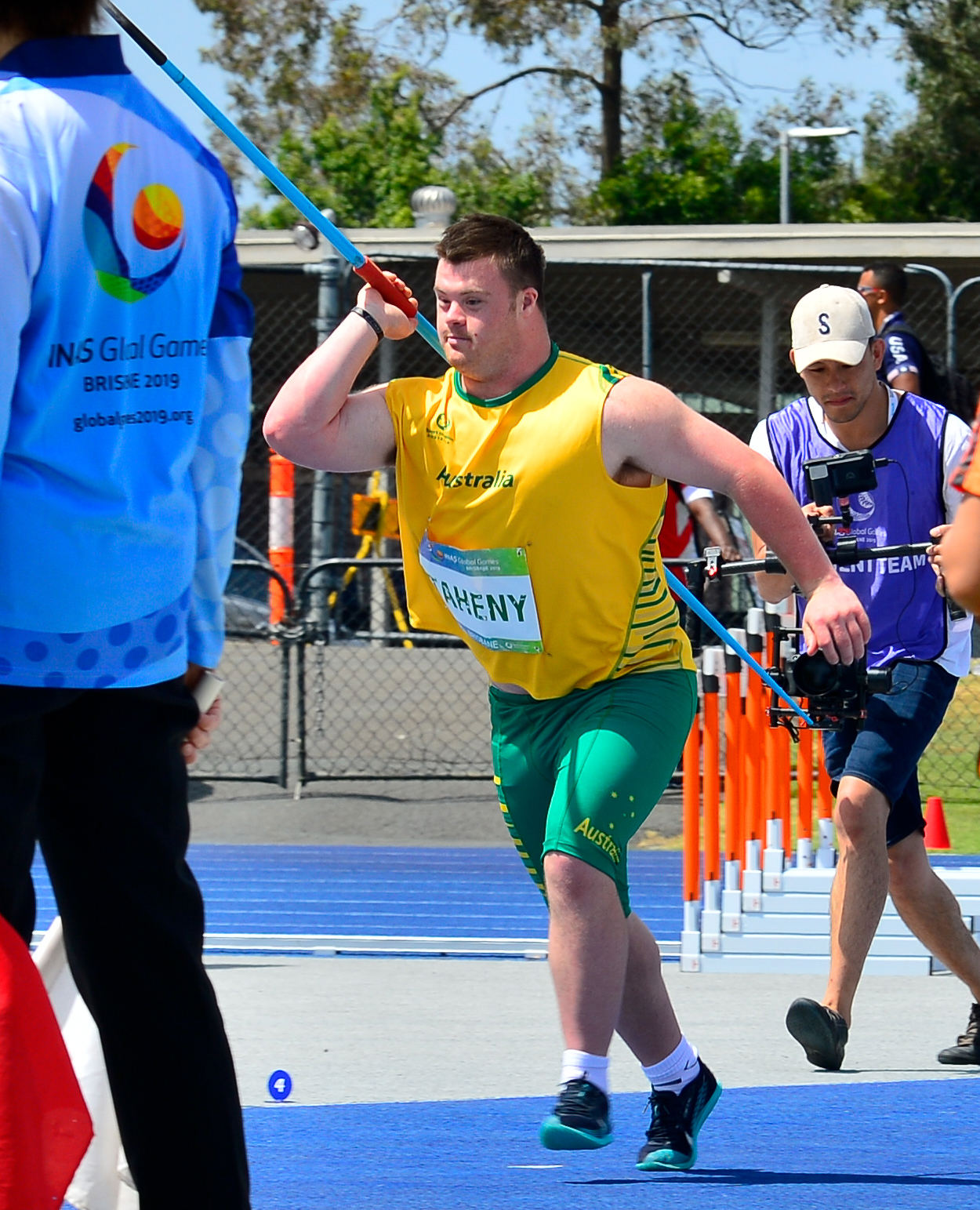
Latest News
Introducing Hugo Taheny 2019 INAS Global Games Discus Champion
August 24, 2020
-

Latest News
Sport Inclusion Australia, Deaf Sports Australia and Blind Sports Australia continuing to work as one – extending the collaboration
July 7, 2020
-
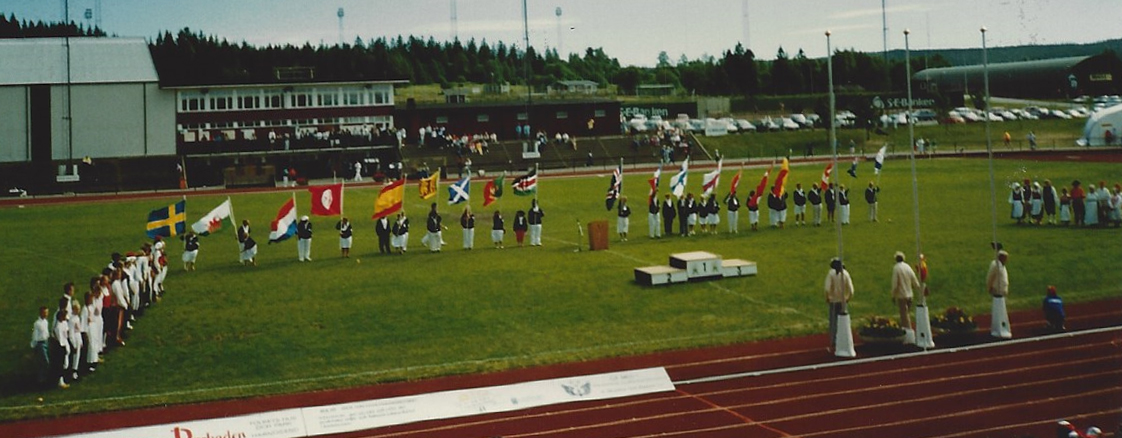
Latest News
Pioneer Athletes and Swimmers attend inaugural Virtus World Championships in Athletics and Swimming
July 2, 2020
-
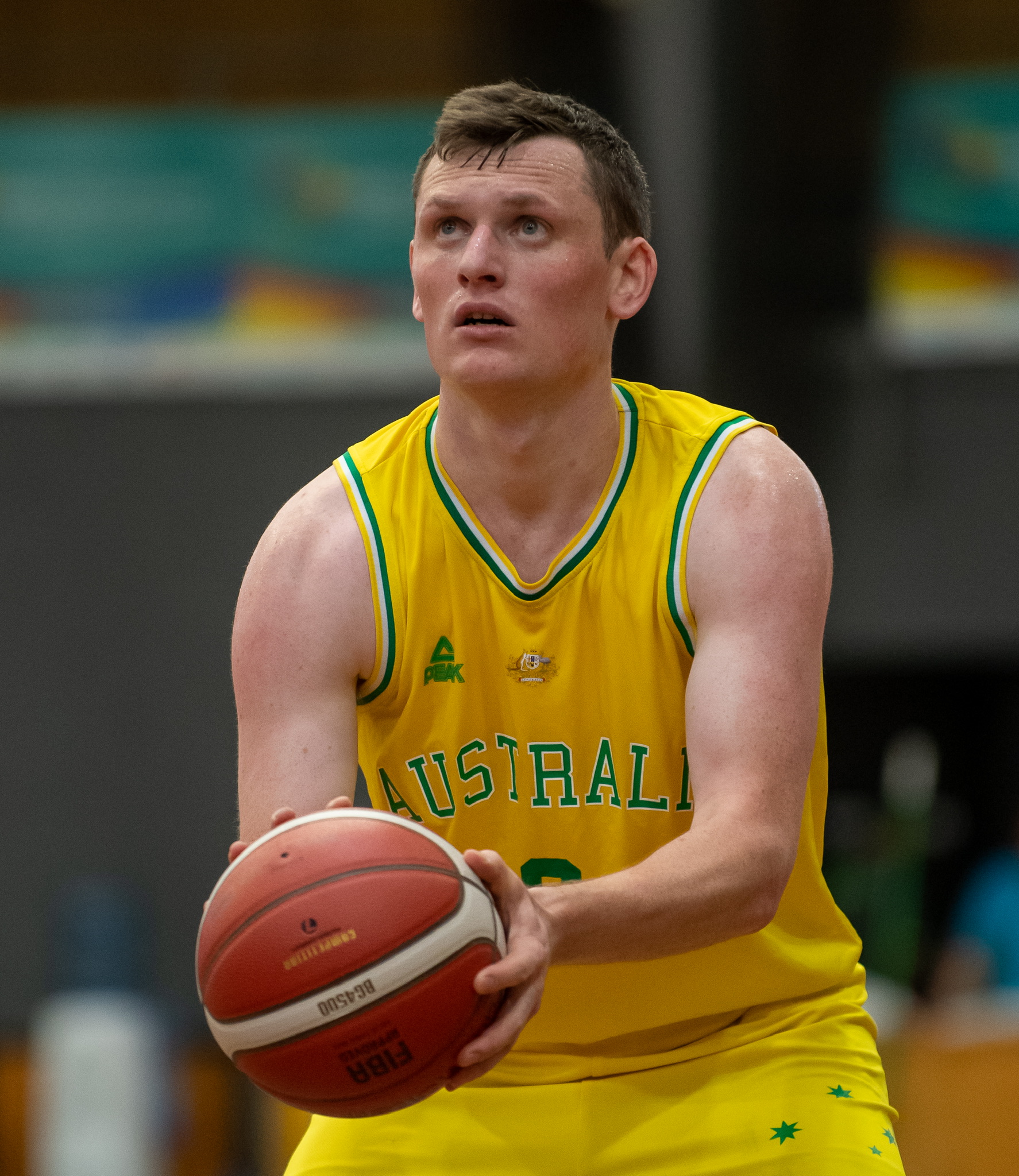
Latest News
Koenig flies flag for ACT
June 24, 2020












